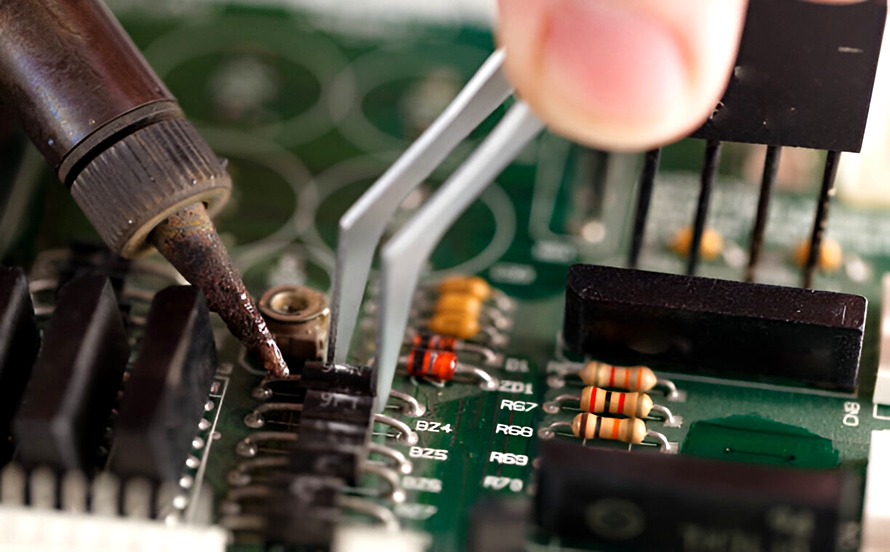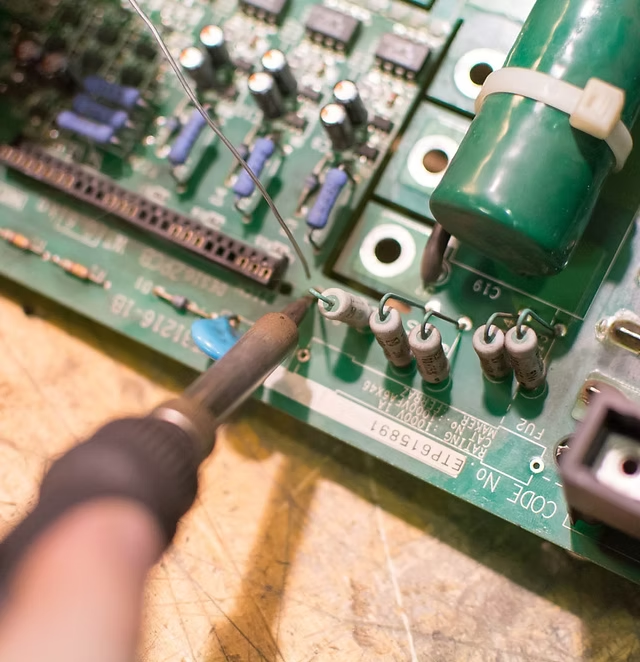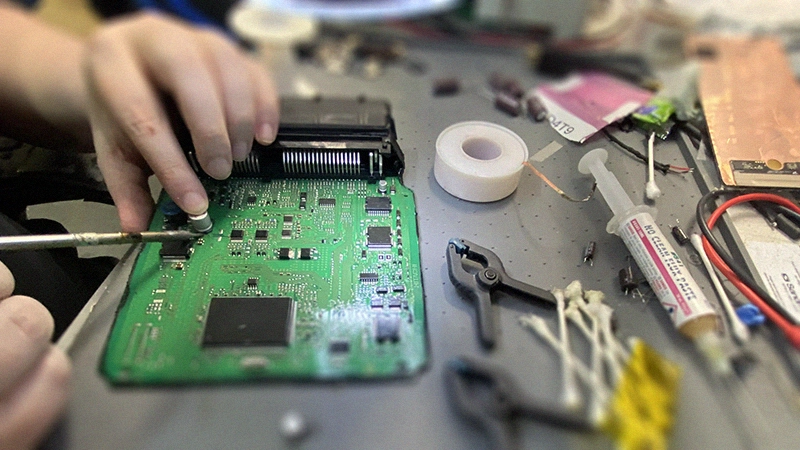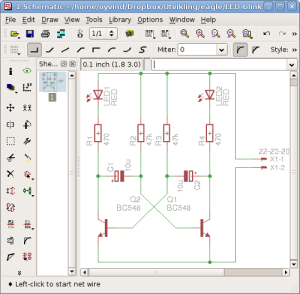Printed Circuit Board Clone’s Legal Issue
Printed Circuit Board clone refers to the process of copying, replicating, or duplicating an existing PCB, often without access to the original design documents. Engineers typically start by carefully examining the board, then recovering data by stripping it layer by layer, creating a new schematic diagram, generating a new Gerber file, and rebuilding the layout drawing. This information is crucial for remanufacturing or refurbishing legacy products where documentation has been lost or the original manufacturer is no longer in business.

While reverse engineering for learning, repair, or interoperability is generally legal in many countries, reproducing a commercial product without permission can lead to serious legal consequences, particularly if patents, copyrights, or trade secrets are involved.
Key Legal Issues to Consider
1. Intellectual Property Rights
Many PCBs are protected by intellectual property (IP) laws. This includes patents for innovative circuit designs, copyrights on original schematic diagrams, and trade secrets for proprietary manufacturing methods. Copying or cloning a PCB that is still under IP protection without authorization can result in lawsuits, fines, and an injunction to stop production.

2. Patents and Trademarks
If a PCB design includes patented features or uses components covered by trademarks, duplicating the board could infringe on these rights. Before starting any redevelopment or redesign, it’s essential to perform a thorough IP search to avoid legal risks.
3. Contractual Obligations
Sometimes, products come with license agreements that restrict reverse engineering. Violating these contracts, even if you legally own the product, could expose your company to liability.
When PCB Cloning is Legal
There are circumstances where Printed Circuit Board clone activities are legal and ethical, such as:
- Legacy Product Support: Recovering old PCBs for which no technical documents like the BOM list or Gerber file are available.
- Internal Learning and Training: Reverse engineering a product to understand how it works without selling a duplicate.
- Interoperability: Making a new product that needs to work with an old system.
In these cases, restoring, refurbishing, or remanufacturing a board may be justified, especially if no IP rights are violated.


Printed Circuit Board Clone is belong to the scope of reverse engineering technology, from the birthday of this concept, it is always being viewed as one of the most controversial subjects, reverse engineering technology is playing an extremely important role in the integrated circuit industry, almost every countries in this world are applying this technology to get better knowledge of their competitor products, if this kind of action being strictly prohibited will only damage the development of integrated circuit industry.
So the legislation of each country view pcb clone as exception of copyright violation. Clone pcb under the purpose of study, analysis and comment the concept, technology of printed board layout, circuit and logic structure, component placement and apply the analytic evaluation on the creative printed circuit board layout design isn’t within the scope of copyright violation.
Circuit Engineering Co., Ltd will require customer strictly obey the related rules and laws, Also will sign non-disclosure agreement for the safety of these files after pcb reverse engineering service.

